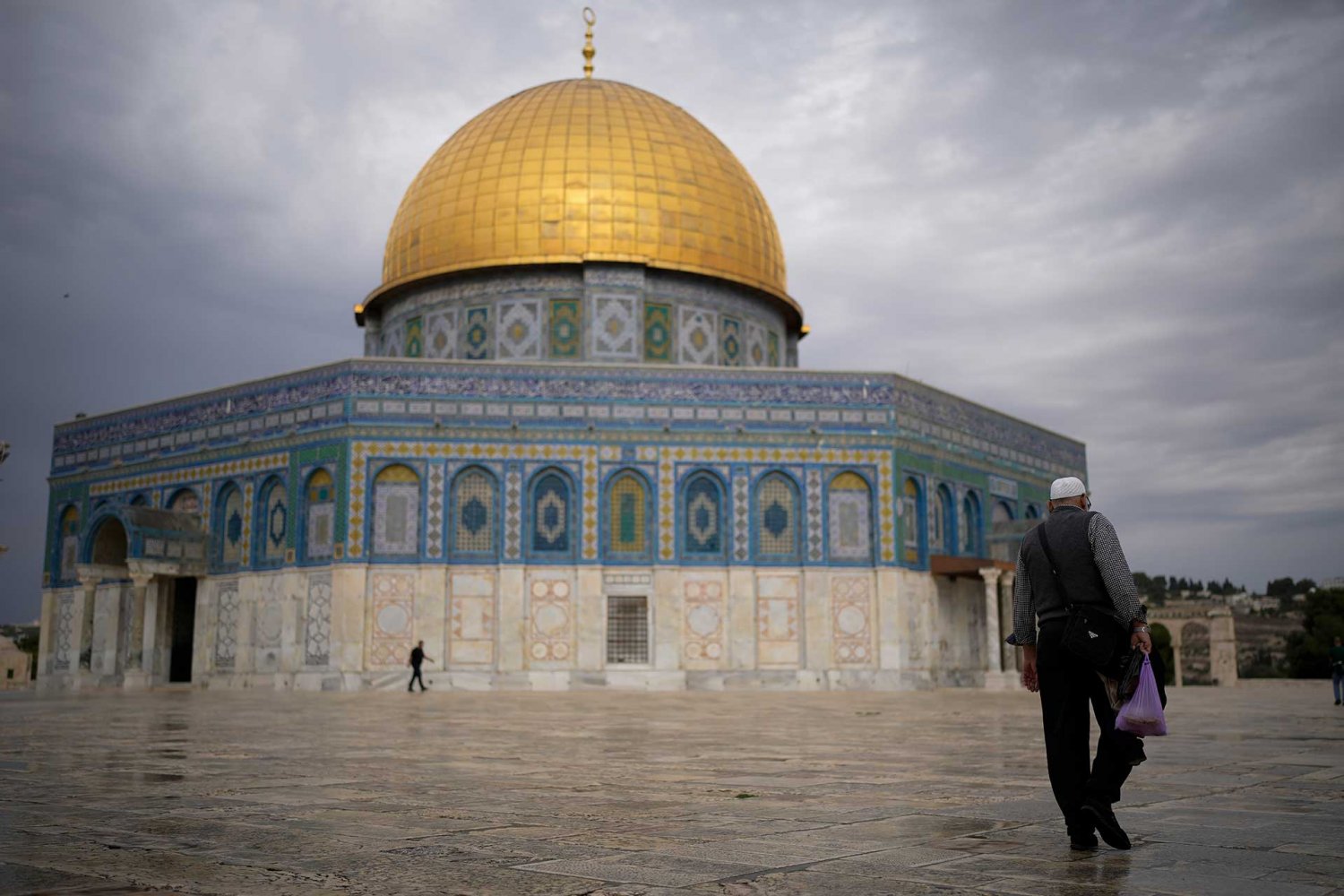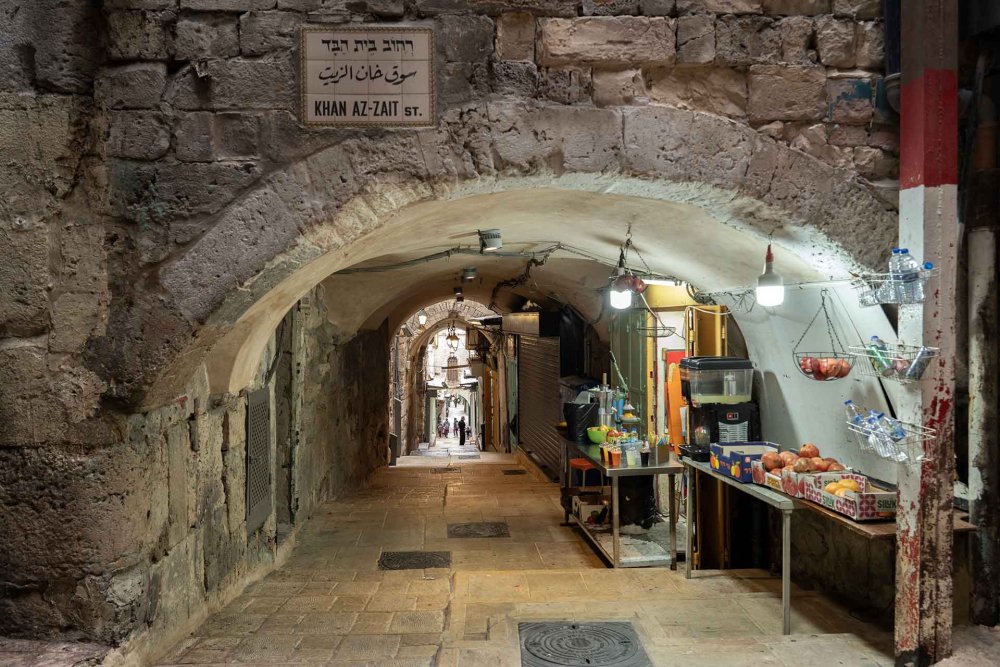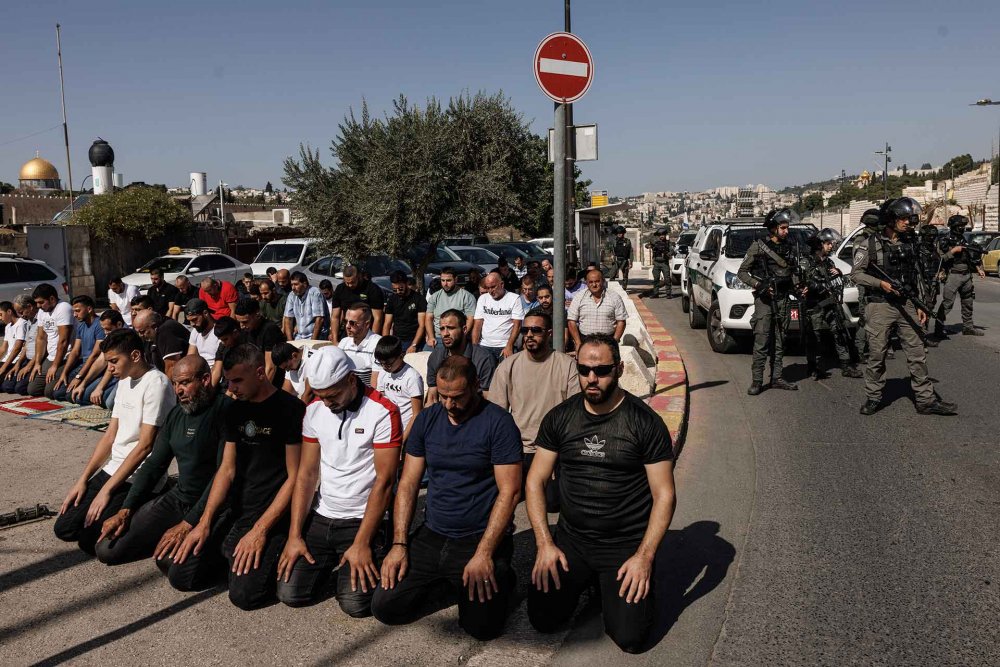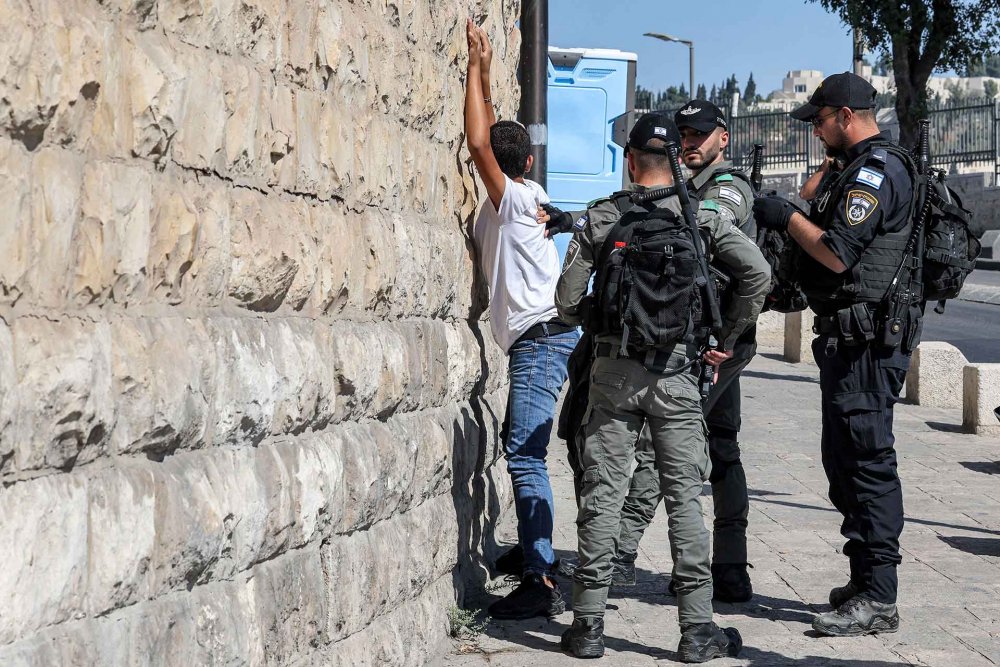October 7, 2024, marks one year since Hamas’s al-Aqsa Flood Operation and Israel’s declaration of war on Gaza, a war that has devastated the entire Gaza Strip and been deemed to be a plausible genocide by the International Court of Justice.1
Over the past year, East Jerusalem, which under international law is considered to be part of the occupied West Bank, has been particularly fraught, its population uniquely vulnerable due to their precarious legal status as permanent residents, not citizens (see Precarious Status). As a consequence of emergency laws passed on October 7, 2023, and later, the precarity of Jerusalemites’ situation became immeasurably greater (see, for example: “In East Jerusalem These Days, Moving around is Perilous,” “Update on Human Rights Situation in Jerusalem: “We’re in a Very Dangerous Situation,” “Israel Muzzles Free Speech, Arresting Dozens and Creating Fear”). The city was also subjected to many layers of closure by security forces—from the holy sites themselves, to the Old City, to the entire city of Jerusalem, through new restrictions on who can pass which point when, and prolonged closure of checkpoints (see, for example, “Impact of Israel’s Gaza War: “Jerusalem Is Completely Isolated” and “The Old City Shops Are Reeling after Weeks of Closure Due to War”).
At the same time, a rapidly accelerated program of settlement building and an under-the-surface campaign to complete settlement of land title (SOLT) in ways favorable to those settlement projects has changed the face of the city under the cover of war (see Settlements).




